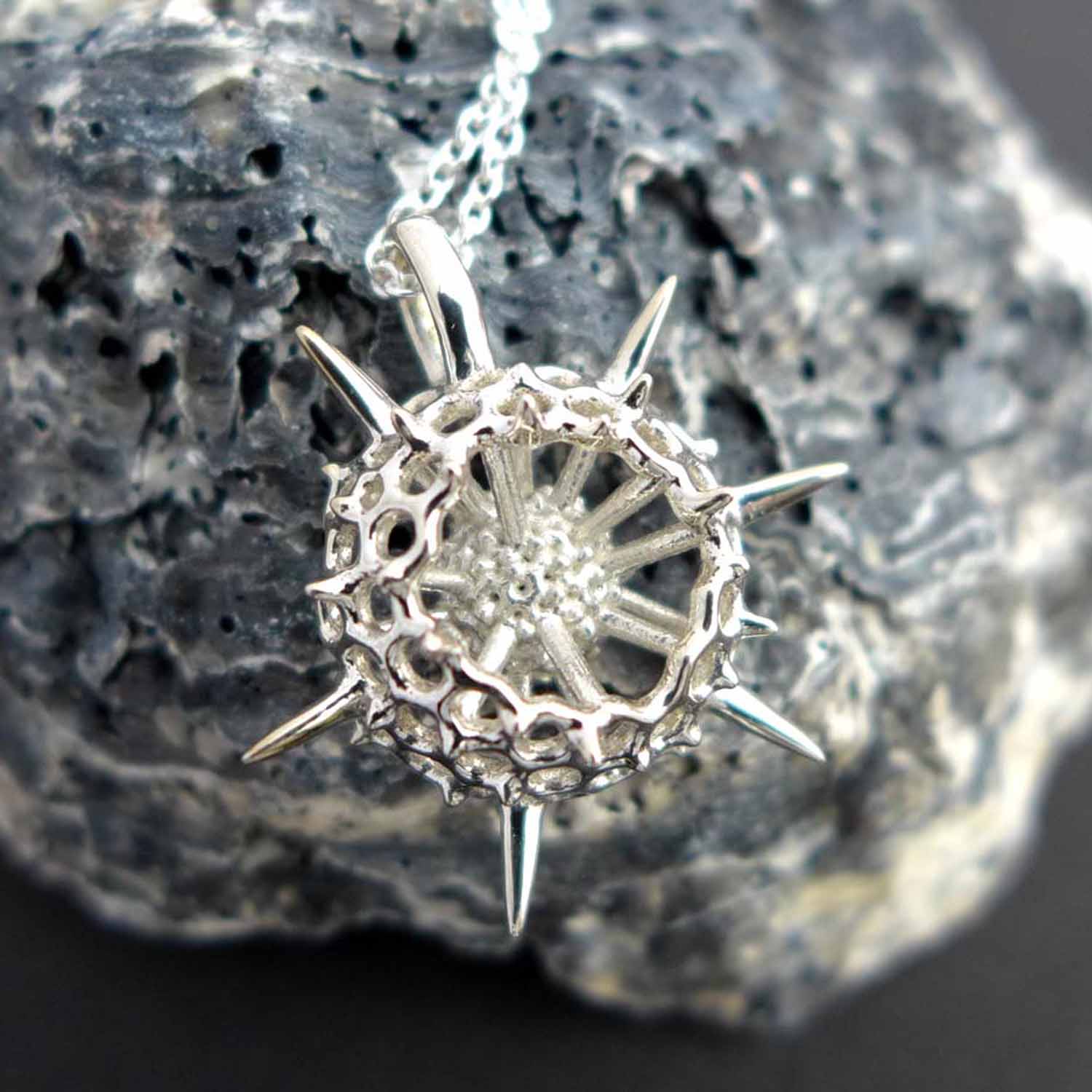Sugar fly honey bunch: how sweet things mess with a fly's brain
What does sugar do to your brain? Monica Dus' lab at the University of Michigan published some intriguing insights into this question this year. In May, their paper in Cell showed that when flies were fed a high-sugar diet, their ability to sense sugar was decreased due to changes in their sweet taste neurons. Specifically, the sugar sensor O-linked N-Acetylglucosamine Transferase (OGT) increased in activity and this was due to sugar alone, not as a secondary response to obesity. When OGT activity increased, the flies' sensation of sweetness was dulled, they ate too much and became obese.
I know what you're probably thinking. Fat flies? Fat chance! Aren't they flying around all day burning calories? Point taken, but two years ago scientists at the Cold Spring Harbor Laboratory developed an overweight fly for use in obesity research. The photo shows a normal fly on the left and an obese fly on the right. To engineer the obese fly, researchers removed a leptin-like hormone from the fly's brain. Leptin is the signal in mammals that tells us when we are sated with food and that it's time to push back from the dining room table. When a similar hormone in the fly brain was no longer present, the fly didn't know when to stop eating either and quickly became the fly on the right.
Cold Spring Harbor Laboratory developed an overweight fly for use in obesity research. The photo shows a normal fly on the left and an obese fly on the right. To engineer the obese fly, researchers removed a leptin-like hormone from the fly's brain. Leptin is the signal in mammals that tells us when we are sated with food and that it's time to push back from the dining room table. When a similar hormone in the fly brain was no longer present, the fly didn't know when to stop eating either and quickly became the fly on the right.
Feeding normal flies a diet containing 30% sugar, like the Dus Lab did, will also result in obese flies even without a mutation in the leptin analog. In addition to the dulled sensation to sweetness, the Dus Lab found other metabolic changes in the brains of flies on a high sugar diet. In a recent article in Nature, they showed that after only seven days of eating too much sugar, the levels of twenty different fly brain metabolites had changed dramatically. This rapid "metabolic remodeling" affected two important molecules associated with happy, healthy brains, N-acetyl aspartate (NAA) and kynurenine. Both NAA and kynurenine were much lower in the brains of the sugar-fed flies. In humans, brain NAA concentration increases during exercise and fasting, and is reduced in the brains of people with Alzheimer's, dementia, depression, schizophrenia, stroke and traumatic brain injury. NAA levels are also reduced in people with obesity. Kynurenine behaves similarly, with higher concentrations in the brains of people who are happy and active, and lower concentrations in people who are less happy and more sedentary. Simply stated, too much sugar will make you and your fly fat and sad.
I hope I haven't ruined your entire day by  going on a sugar rant. As long as you're not subsisting on a diet of one-third sugar like our fly friends and you just want to treat yourself to an ice cream once in a while, preferably after a long walk, I'm not going to stop you. Or, if you want to skip the sweets altogether, you could treat yourself to something nice and sugar-free.
going on a sugar rant. As long as you're not subsisting on a diet of one-third sugar like our fly friends and you just want to treat yourself to an ice cream once in a while, preferably after a long walk, I'm not going to stop you. Or, if you want to skip the sweets altogether, you could treat yourself to something nice and sugar-free.
Drosophila Fruit Fly Pendant
Drosophila Fruit Fly Lapel Pin






Leave a comment